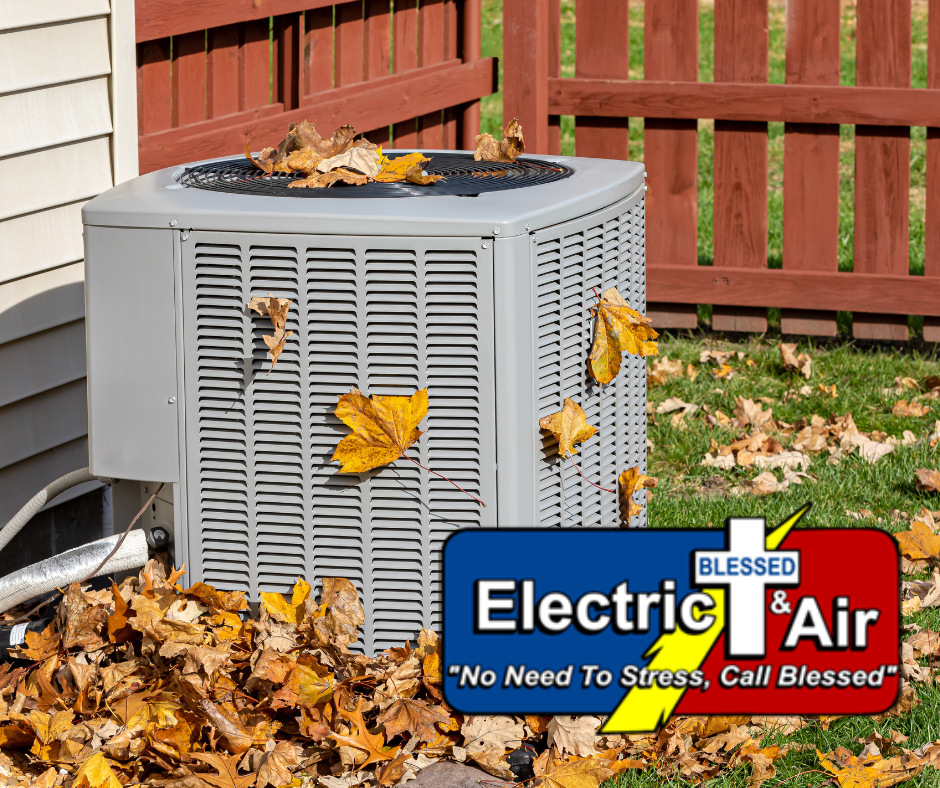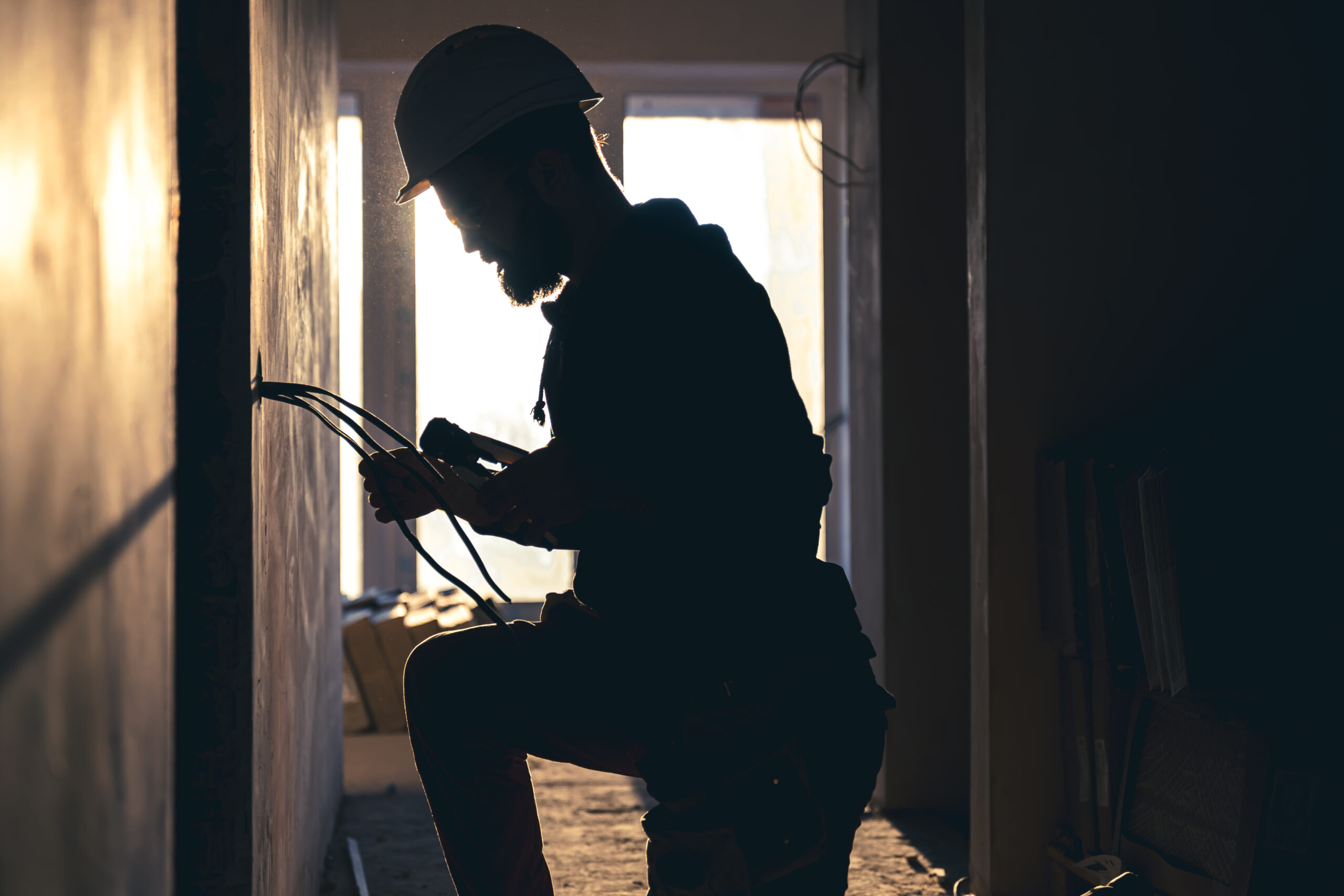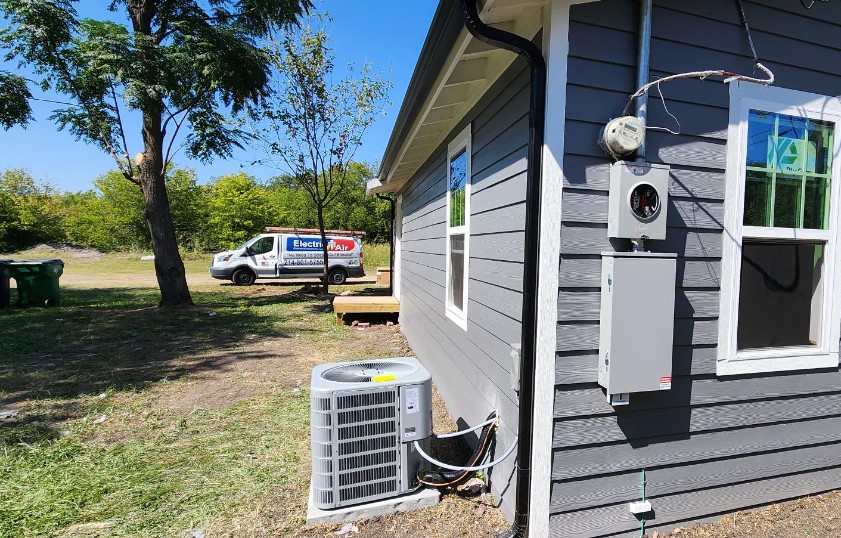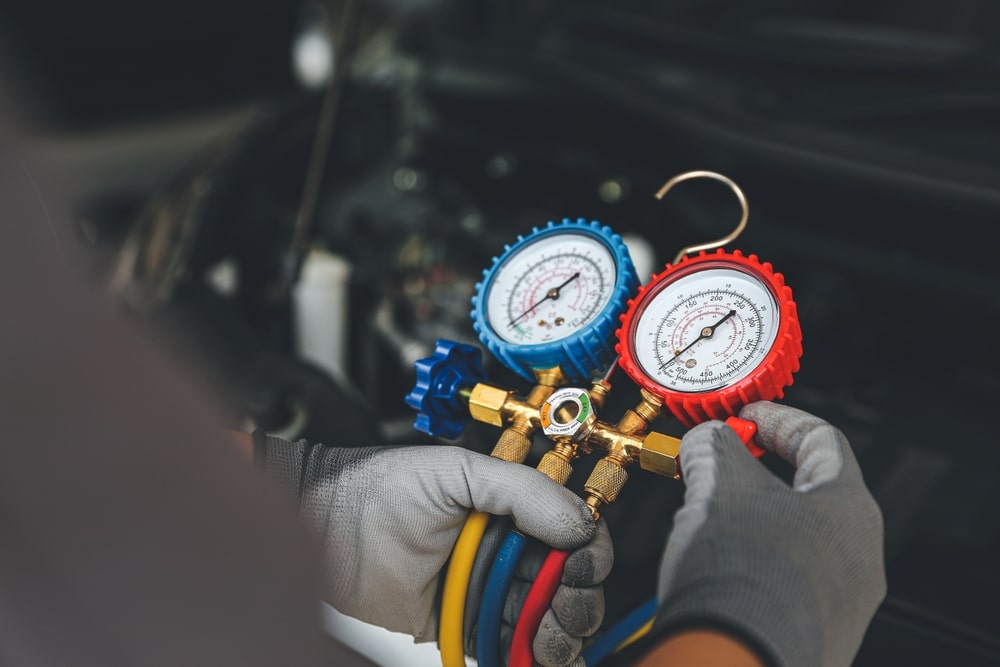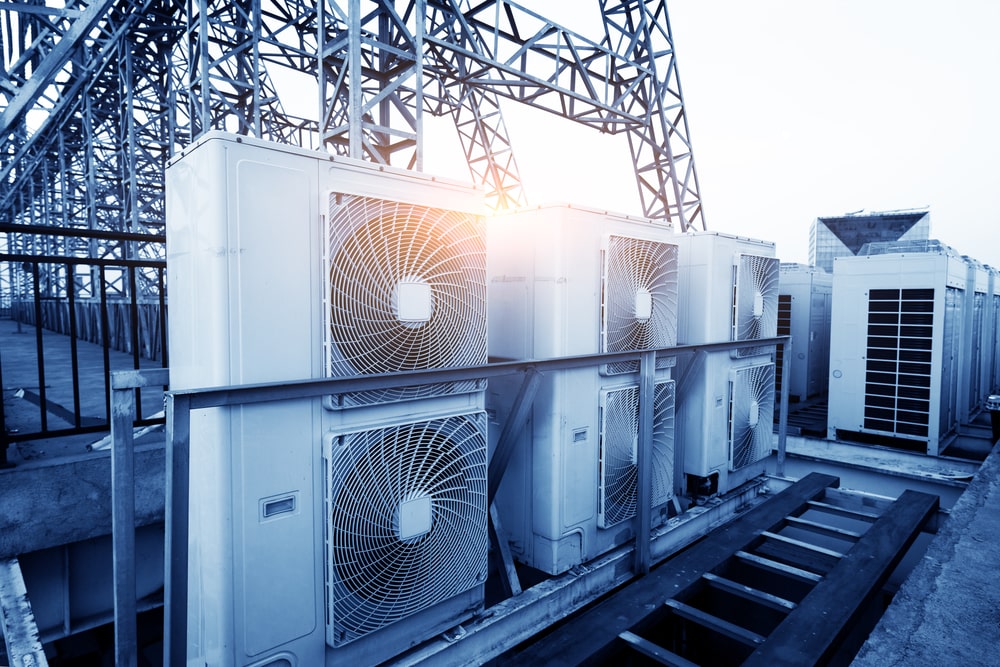With the weather cooling, now is a good time to clean up summer messes and prepare your home
for the colder months. Take advantage of this time to complete fall maintenance and renovation
projects before they become too late.
1. Upgrade Your Furnace
It may be time to replace your furnace if it is more than 10 to 15 years old and is taking longer to
heat the house than usual. It is possible for you to save money by choosing a fuel that is energy
efficient, such as natural gas, by paying careful attention to the SEER ratings.
2. Check On Important Insulation
Make sure the weatherstripping around your doors, windows, and garage door is in good
condition. Sealing these openings with felt strips prevents drafts, but they can wear down over
time. Any faded weatherstripping should be replaced, as well as any other insulation tasks that
have been neglected.
3. Seal Any Air Leaks in the Attic
There may be air leaks (and pest entrances) in your attic if you see light shining through chinks.
Keep your house warm over the winter by sealing them off with foam insulation. Attic vents are
needed to remove humid air from your attic, so do not close them.
4. Clean Out Your Gutters
Over the fall and winter, your gutters work hard, and they need your help. Make sure they are
clean before the weather gets too cold. Keeping your gutters clean will prevent rain or snow from
overflowing and damaging your roof.
5. Replace Old Single-Pane Windows
Windows with single panes are inefficient insulators. Consider replacing your existing single-
pane windows with double-pane windows. Additionally, you can upgrade double-pane windows
to ones that are sealed with a neutral gas like argon to make them more energy-efficient.
6. Replace Missing Shingles
It is possible for rain, wind, and snow to damage your roof if it's not in good shape. If you see
any missing shingles or other signs of damage, replace them before they become serious leaks
that can cost you thousands of dollars.
7. Prepare Your Fireplace
Make sure to clean out wood fireplaces thoroughly, check the chimney, and have plenty of wood
on hand. A fireplace inspection before the winter season can also be beneficial for gas fireplaces
and electric fireplaces.
8. Switch Your Ceiling Fan Direction
During the colder months, ceiling fans should rotate clockwise so warm air is pushed back into
the room. In most fans, the direction can be reversed by simply switching the switch.
9. Hibernate Outdoor AC Units
Make sure your outdoor air conditioner is clean and covered so that it can be protected from rain
and snow. Note that heat pump models cannot be covered because they switch to a heating mode
in winter.
For professional diagnosis and repair, DFW Electrician & HVAC stands ready to assist.

